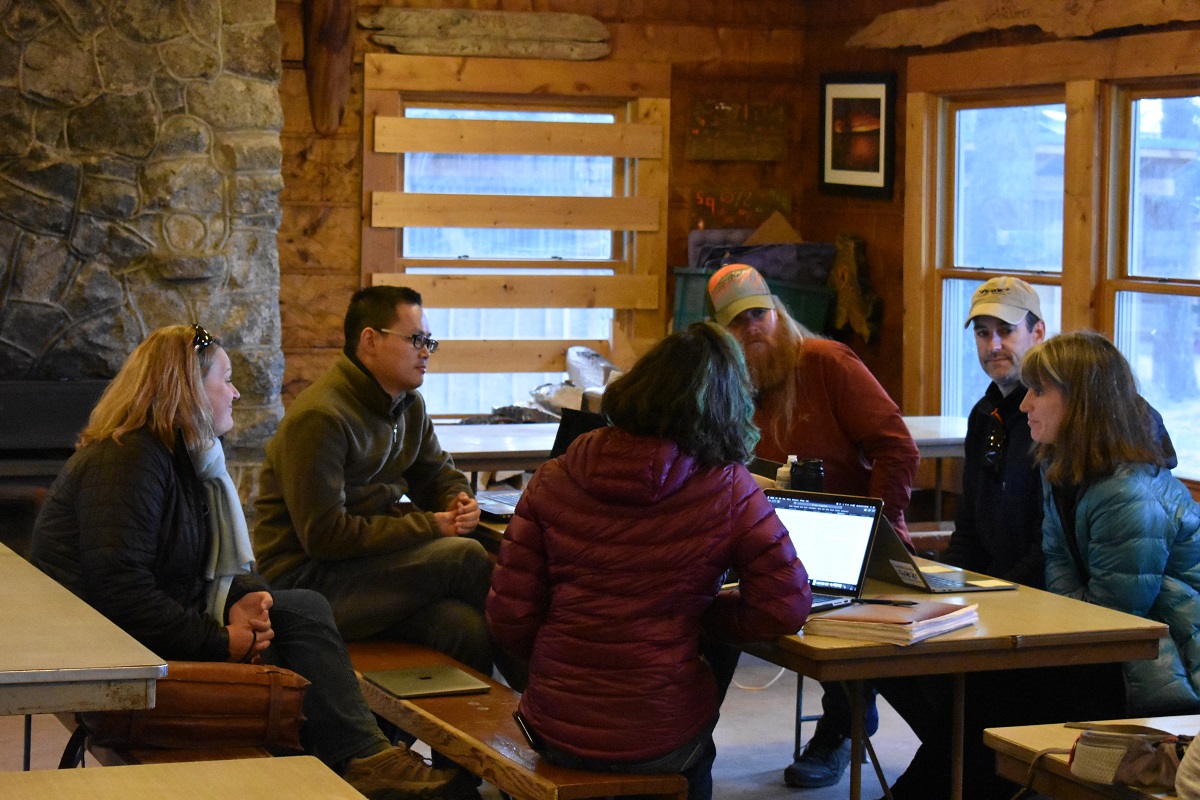
The two key taxa under study: one aquatic (redband trout) and one terrestrial (sagebrush), are integral to ecosystems in the American West, and are central to land-use management decisions that drive the economy of the region.
With the understanding that conservation requires collaboration, the cross-taxa, multi-institutional and interdisciplinary research working group involved in this effort includes Idaho research institutions and stakeholders such as Columbia River Intertribal Fish Commission and USDA Forest Service. Successful AM is expected to involve a large team effort outside the scientific community including outreach to the public and critical policymakers and resource managers.
Since the current rapid rate of climate change is exceeding the capacity for organisms to adapt and/or naturally move to more favorable locations, there is need to evaluate appropriate human interventions like the movement of individuals with climate adapted genes. Since the climate change-caused biodiversity loss is a global concern, outcomes of this project are expected to have a much broader impact and will be beneficial to the biodiversity conservation community.
A collaborative research team recently published their case studies in a paper highlighting two focal species of concern in Idaho and the region, sagebrush and redband trout. Both species are critical to the local ecosystem and are threatened by changing environments. The paper titled, “Applying genomics in assisted migration under climate change: Framework, empirical applications, and case studies” discusses how genomic-guided assisted migration (AM) might be a potential conservation tool to mitigate the impact of environmental changes related to climate change. This paper makes recommendations for how managers can gather the information needed and make scientifically informed choices for AM.
The team, which conducted a comprehensive literature review of existing knowledge on the application of genomics/genetics in AM practices in terrestrial animals, plants and aquatic animals, also developed framework with detailed guidelines on how genomics should be applied in AM and be involved in a broader decision-making process.
